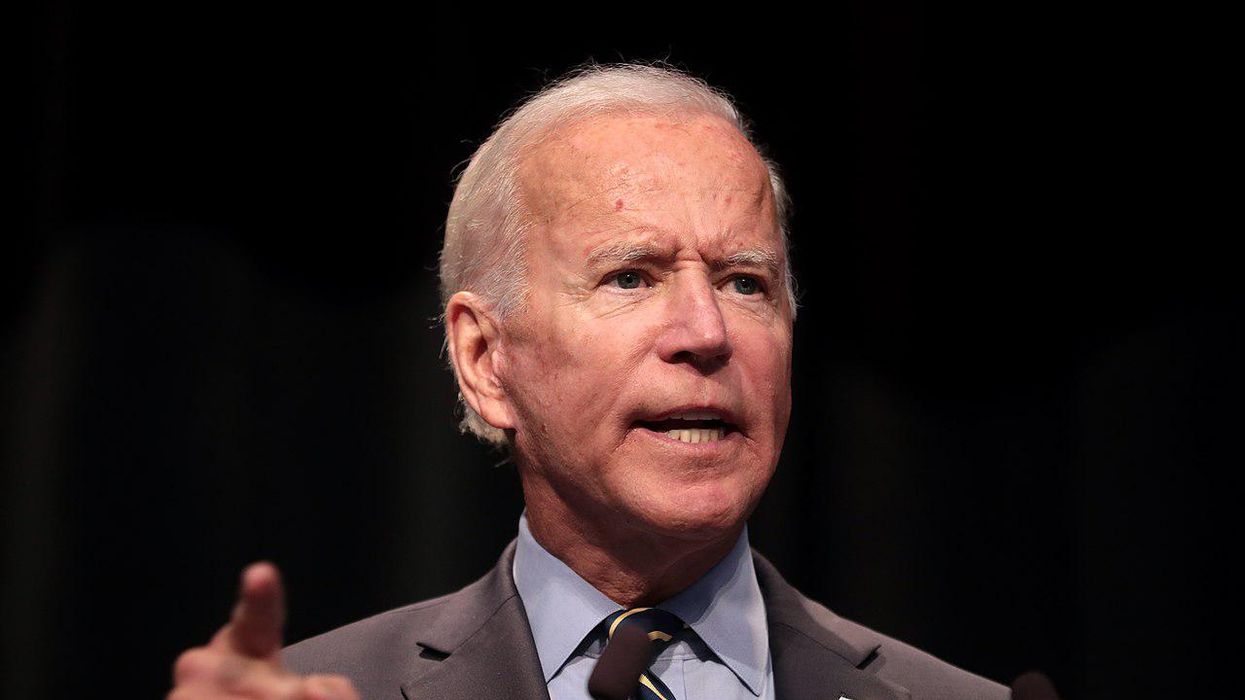Constitutional law professor points out the major flaw in GOP lawsuits against Biden's COVID-19 relief plan

May 04, 2021 | 12:50PM ETPush Notification

When President Joe Biden signed the American Rescue Plan Act of 2021 into law in March, some far-right Republicans in red states complained vehemently about a provision of the $1.9 trillion COVID-19 relief package: the provision that states that cannot use the money to directly pay for tax cuts in their states. And 16 states have joined forces and filed a lawsuit against that part of the Rescue Plan.
Individual states are free to raise or lower state taxes all they want, but they cannot receive funds from the Rescue Plan and use those funds to pay for state tax cuts.
Constitutional law professor Jonathan Entin, in an article published by The Conversation and republished by Truthout on May 2, observes, "That restriction prompted the lawsuits, which are pending in Ohio, Arizona, Missouri and Alabama federal courts. The states claim that the Rescue Plan's policies violate the 10th Amendment, which helps define the relationship between the federal government and the states."
Entin goes on to explain why he believes it is "unlikely" that there are any 10th Amendment violations in the Rescue Plan.
"In 1992, the Supreme Court declared that a federal law ordering states to pass legislation for the safe disposal of nuclear waste violated the 10th Amendment," Entin notes. "And in 2018, the High Court struck down the Professional and Amateur Sports Protection Act, which forbade states from authorizing sports betting. But the Rescue Plan does not explicitly require or forbid states to enact legislation, as the nuclear waste and sports gambling laws did."
Entin adds, "It offers states a deal: If you want federal money, you can't use it to subsidize tax cuts. States get to choose whether they prefer tax cuts or federal funding. So, I believe the 10th Amendment challenge will likely fail."
According to Entin, the Rescue Plan "seeks only to make sure that the federal spending goes to cover the costs of the pandemic" and "imposes a condition on federal spending, something that the Supreme Court has consistently approved."
"The Rescue Plan tax provision more closely resembles a law that withheld federal highway money from states that had a drinking age below 21," Entin writes. "The Supreme Court upheld that law in 1987. The Supreme Court recognized that a condition could be unconstitutionally coercive, but it dismissed that concern because states would lose only 5% of their highway money if they failed to raise their drinking age…. The same principle should apply here."